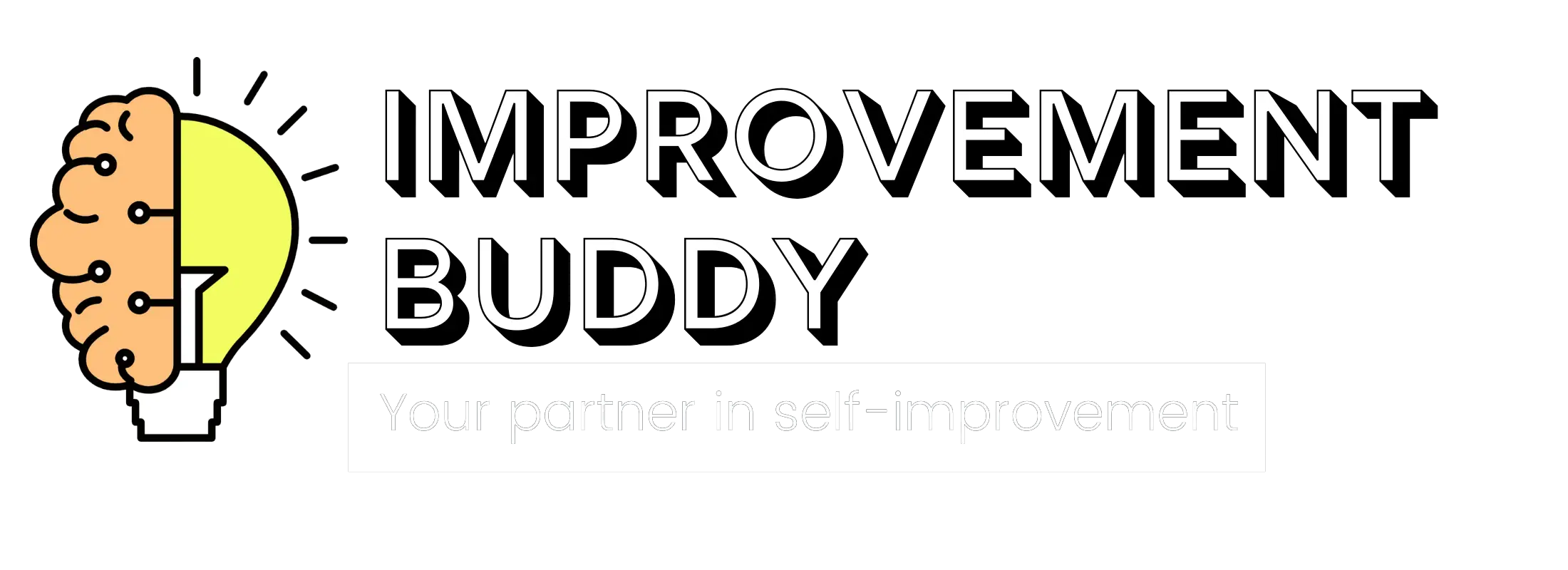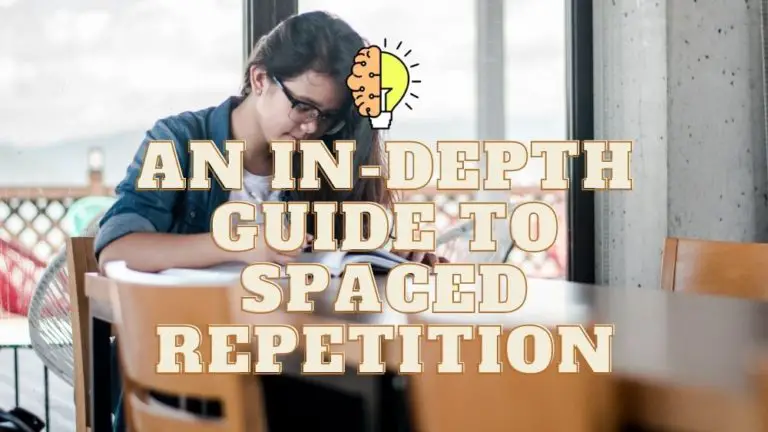Should You Study The Night Before a Test?

This post contains affiliate links.
It’s a question that has been debated by students for years – should you study the night before a test? On one hand, some students believe that studying right before the test will help them remember the information. On the other hand, others think that it’s better to relax so that you’re not overwhelmed and stressed out. So what’s the best strategy?
In general, it’s best to review your notes the night before an exam and not try to learn any new information or spend the whole night studying. Employing spaced repetition, active recall, and the right amount of sleep is key to improving retention.
Ahead, we’ll discuss some important things you should consider when studying. We’ll also talk about the things you should do the night before a test and how pulling all-nighters negatively impacts your learning. But first, let’s talk about cramming.
Cramming and Why It Doesn’t Work
I remember back when I was in college, one professor always praised those students who pulled all-nighters to study for an exam.
According to him, they showed effort in trying to learn the topic. But do they learn optimally, though?
I guess we could say they gave effort, but it doesn’t mean they learned better.
In the book Limitless, Jim Kwik talked about cramming and why it’s not an optimal way to learn.
- Cramming has several negative side effects including impaired mental function
- It’s associated with foregoing the normal amount of sleep which impedes learning
- You won’t be able to employ spaced repetition which is one of the most powerful tools for learning effectively
- You don’t have the luxury to take breaks and you’re likely rushed and anxious when you’re cramming
Some people claim that they perform better when they cram, however, science says it’s the exact opposite.
Related post: The Worst Time To Study (According To Science)
The Key To Studying and Remembering What You’ve Studied
If you want to remember most of what you’ve studied, there are three things that you must do:
- Employ active recall
- Employ spaced repetition
- Have adequate sleep
Active recall is the process through which you are immediately checking how much you remember from the study material.
According to the book Limitless, active recall allows you to draw the distinction between simple recognition and recollection (making the material an active part of your memory).
One way of doing this is by closing the study material after reading it and writing down everything you remembered.
Then, check how much of it you remembered by comparing what you just wrote from the study material.
Other ways to do this are by asking questions and acting as if you’re teaching the lesson to someone else.
Spaced repetition is the process of spacing out your study material over a period of time (weeks or several days).
“Spaced repetition is simple but highly effective because it deliberately hacks the way your brain works,” says Synap CEO, James Gupta.
To do this, review your study material in similar intervals over the course of a week or several days.
For example, you can study a topic every morning and evening for four days straight, then move on to another topic.
Lastly, have adequate sleep. Research has shown that you only turn the information into memories when you sleep after studying.
Andrew Huberman talked about this on the On Purpose podcast.
He said when you sleep your brain is making repetitions of the thing you’re trying to learn 20x faster.
Non-sleep deep rest (NSDR) like meditation or simply pausing and freeing your mind in regular intervals while you’re studying also seem to work really well in consolidating information into memories.
I usually employ this by employing the Promodoro method, taking 5 minutes to break every after 25 mins of learning.
Many of us think foregoing sleep to pull off all-nighter works, but the truth is, that is not how our brain works.
When To Stop Studying for an Exam?
There is no firm answer as to when exactly should you stop studying for a test.
But as a general rule, you should stop studying for a test if you’re already sacrificing sleep to learn new things.
In some cases, you might have to cram new information the night before a test, but you have to try to avoid it as much as possible.
What To Do The Night Before a Test?
The night before a test, you should:
- Review your notes (you shouldn’t be trying to learn new information at this point)
- Let go of anxiety – meditation and other forms of relaxation helps
- Prepare your stuff for tomorrow’s test – this helps you become less stressed out for the next day’s test
- Get a good night’s sleep – we’ve talked about the importance of sleep earlier
- Eat a healthy dinner – research shows that diet affects your cognitive function
Does Studying All Night Before an Exam Work?
Some students might be able to study all night before an exam and still perform well, but that’s not how most people learn best.
Cramming new information the night before a test usually leads to poorer performance because:
- You’re more likely to forget what you’ve learned when you’re sleep-deprived
- You have less time to employ active recall and spaced repetition
- You’re usually anxious about how you’ll perform on the test
That said, it’s better to study a little bit every day than try to learn everything the night before a test.
Posts you might also like:
- Reading Vs. Watching Videos To Learn: Which Is better?
- 11 Reasons Why You’re Not Learning Anything In College (And How To Fix It)
- How Many Hours Should I Study a Day? (and still, be effective)
Final Thoughts
Whether or not you should study the night before a test is really up to you.
Some people might be able to pull it off and still perform well, but for most of us, cramming all that information in such a short period of time can hurt our performance on the exam.
To improve your chances of success, it’s better to study a little bit each day and employ techniques like spaced repetition, active recall, and non-sleep deep rest.
Ultimately, getting enough sleep and eating a healthy diet are also key factors in ensuring that you’re ready to do your best on test day.






